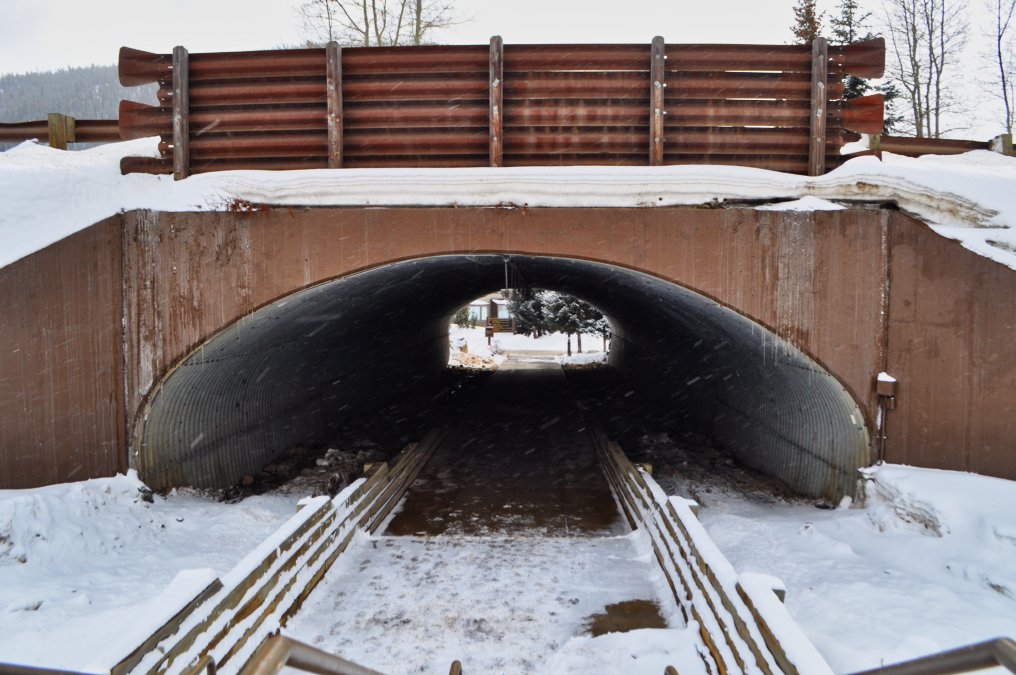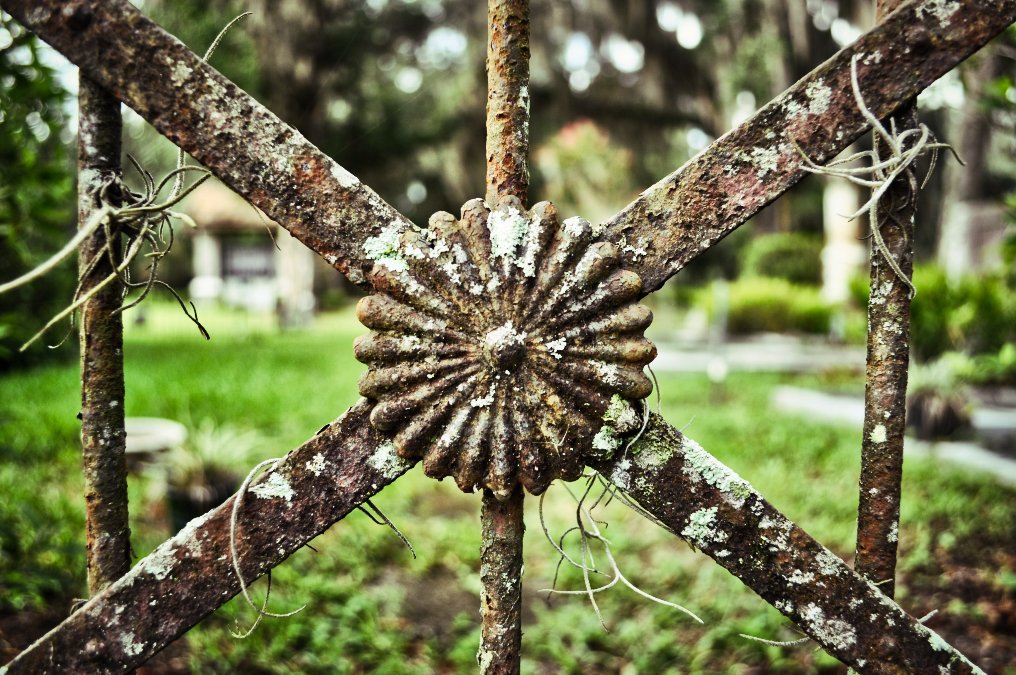Getting From Now to Someday
The secret is to work with what you have, and find your someday in your now.
We are told that if we want to change our lives, we have to be future-oriented: visualize what we want, then go for it. How is that working for you? Maybe it works great, and you have the life of your dreams. If so, no need to read on. But if you’re still not happy, still can’t figure out how to generate actual change that makes your life appreciably better, I have some thoughts to share.
When you are future-oriented, you inevitably run into one of two problems. Either you have a clear vision of what you want but the steps to get there are unclear or so long term that life is guaranteed to get in the way, or you’re not exactly sure what you want your life to look like, you only know you don’t want it to feel like it does now and you hope someday it will be better.
You know what happens when people find themselves in this sticky morass of twilight clarity? They get stuck. They can’t figure out what they need to do to create the right kind of movement in their life, or they start taking one of the steps they’ve mapped out and soon realize it’s not going to be as easy as they thought: things aren’t as linear as expected, they take longer, unexpected complications occur. And so they fall off and things go back to the way they were.
Being stuck like this can last for years, decades, a lifetime, especially if it’s how you always approach problems. But the way to change this cycle isn’t what you’d think. Seeking more clarity, finding the right steps to achievement, getting it “right” next time, none of those will help you when you’re dealing with the gap between now and someday. You’ll get lost in that gap every time, because it’s actually quicksand. Trying to force your way out only gets you sucked in deeper. The only solution is to go back to where you started and try a different way.
The way I finally got past that quicksand was by realizing that I had to work with what already existed in my life. That stuff is the only real stuff. All those visualizations you’ve been doing that are supposed to help you get from here to there, they’re only nominally useful. You can’t wish your way into a better life, you really can’t. And while you can possibly create steps to get you to this dreamed-up future, you’ll find yourself back in that quicksand more often than not. What future-oriented visualizations mostly do is highlight your present dissatisfaction. The way to happiness and achieving dreams is to learn how to work with what you have.
Does this mean you can’t have dreams? Absolutely not. What it means is you make your dreams out of the stuff you find lying around already. You don’t go out and buy shiny new dream-parts, you take stock of what you already have and build on that. Because the truth is that you already have everything you require to get from here to someday. It just needs to be polished up a bit, looked at creatively, valued. Your current life is full of untapped riches. You don’t have to reach for anything; it’s already here.
What does this process look like? It’s fairly simple. The hard part is refocusing yourself from the nonexistent future to what already exists. Learning to value things for what they are, rather than where they might take you or what they might get you, is difficult. You do this through paying attention to your feelings about things in the here-and-now. I know! Scandalous! Figure out what makes you feel good, and do more of that. Try to do less of what makes you feel bad. This will lead you in the direction you need to go.
What if nothing makes you feel good? I get it, I was in that place in my own life. Don’t worry, you still have everything you need to get unstuck, it’s just buried. You’ll need to think back to your childhood, probably. What brought you joy, what were the activities you could spend hours on and not notice the time passing? For me it was living inside the imaginative worlds in my own head, reading, letting my natural curiosity lead me toward learning. These were the activities I began to incorporate back into my life little by little when I was trying to get to a better place. It took several years, but now my life is totally different. Not because I achieved some dream, but because I feel good on a daily basis. I feel that I’m living with purpose.
It turns out that my someday doesn’t look at all like I’d imagined, expected, or hoped for. My someday looks like right now. I’ve learned how to trust myself and let my intuitive wisdom lead. It can feel scary to live this way, like taking off the training wheels, but it’s better than feeling despair because your life isn’t what you want it to be and you continue to fail to get from now to someday.













